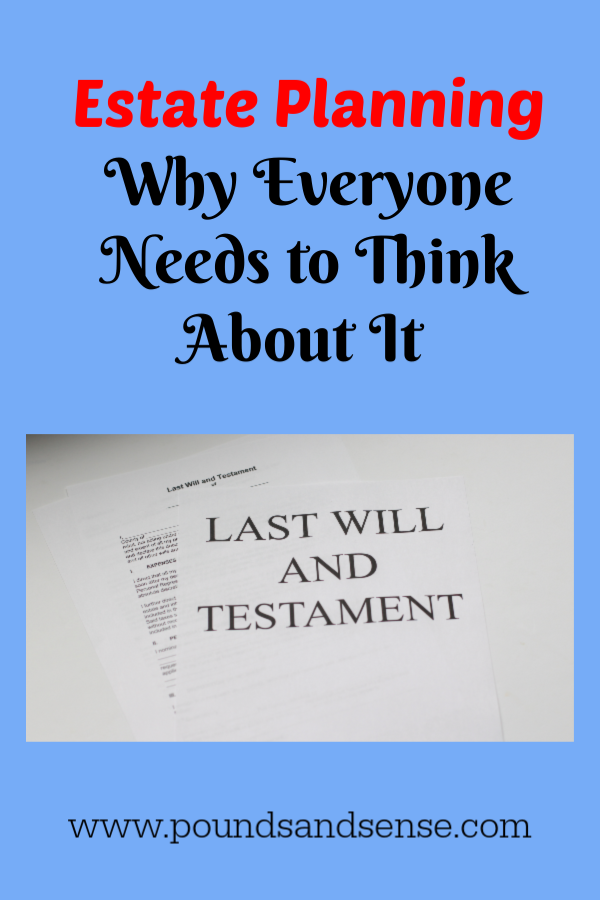Estate Planning – Why Everyone Needs to Think About It
Estate planning is a subject all Pounds and Sense readers will need to think about. This sponsored post explains why it is so important and the main points to consider.
Table of Contents
What is Estate Planning?
Estate planning involves making a plan in advance for the management of an individual’s assets in the event of their incapacitation or death.
Nearly everyone, in some capacity, has an estate – it comprises everything you own. It can include assets such as your properties, cars, cash, jewellery, land, investments and savings.
The objectives of estate planning usually include:
– Outlining who your beneficiaries are
– Settlement of estate taxes, while minimising taxes, court costs and unnecessary legal fees
– Assigning guardians for your children if they are minors
– Naming an executor of the estate to oversee the terms of the will
– Outlining any funeral arrangements and preferences
Most estate plans are drawn up with the help of a lawyer specialising in estate law.
Standard Documents Used in Estate Planning
A will is (of course) the foundation of estate planning, but your plan may also include documents such as:
– Living Will: An advance decision allowing you to express your preferences and wishes regarding medical treatment, in circumstances in which you are not able to give your informed consent.
– Durable Power of Attorney: A legal document that enables the person you have appointed to make decisions and act on your behalf if you become incapacitated or mentally incapable of doing it for yourself.
– Life Insurance: A legal contract that states how much money the insurance company will pay to your loved ones if you die. It can help ensure that your family can cover funeral costs and pay off any outstanding debts you may have, as well as maintain their standard of living.
– Trusts: Created when ownership of assets is transferred to a trustee and instructions are provided for the trustee to use those assets for the benefit of a beneficiary.
The legal process of determining the authentication of a will is known as probate.
Estate Planning and Tax
Most individuals explore estate planning solutions that minimise the amount of tax their beneficiaries will have to pay on their estate. Government-imposed taxes will potentially reduce the estate’s value before the assets are distributed to beneficiaries. For example, when someone dies, Inheritance Tax (IHT) will need to be paid if the value of the estate is above £325,000.
To ensure that your assets will be distributed according to your wishes, there are important points to consider, such as:
– Inheritance Tax Exemptions: IHT normally doesn’t apply if the value of your estate (the property, money and possessions) is below the threshold, or if you leave everything above the £325,000 to your spouse, civil partner, or a charity.
– Donating to Charity: Giving to charitable organisations while you are alive can minimise the estate’s tax liability after death. The charitable donation won’t count towards the total taxable value of your estate; this is called leaving a charitable legacy.
The Best Time to Do Your Estate Plan
The best time to prepare is now – you can always put something in your plan now and change it at a later date. Many families are caught off-guard by an unprepared death or incapacity, and the added uncertainty of factors that would potentially be addressed in an estate plan can make the situation more stressful. Knowing you have prepared a plan that will protect your family and respect your wishes will give you and your family peace of mind.
No one likes to think about their mortality or the possibility of no longer being able to make their own decisions, but estate planning is a considerate and thoughtful thing you can do for yourself and your loved ones.
As always, if you have any comments or questions about this post, please do leave them below.
Disclosure: This is a sponsored post on behalf of TriplePoint Estate Planning Solutions.

